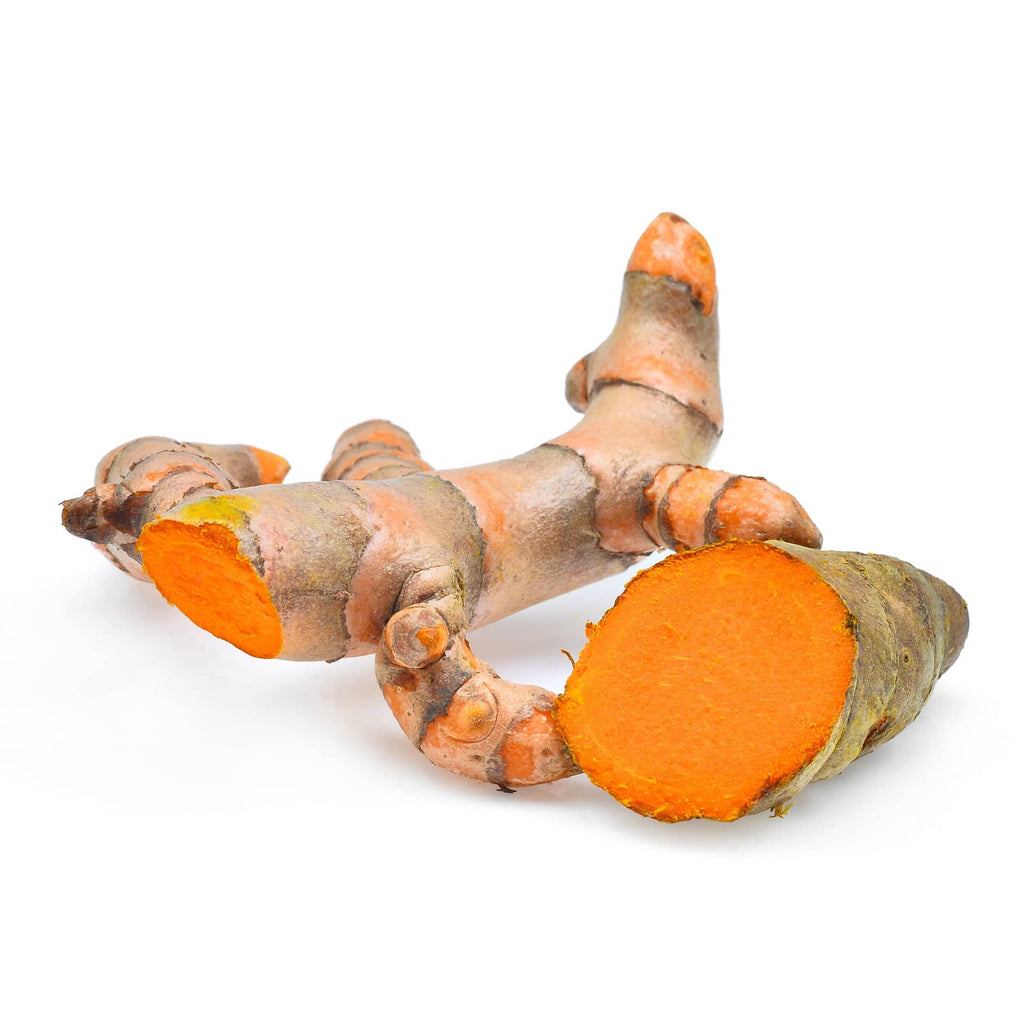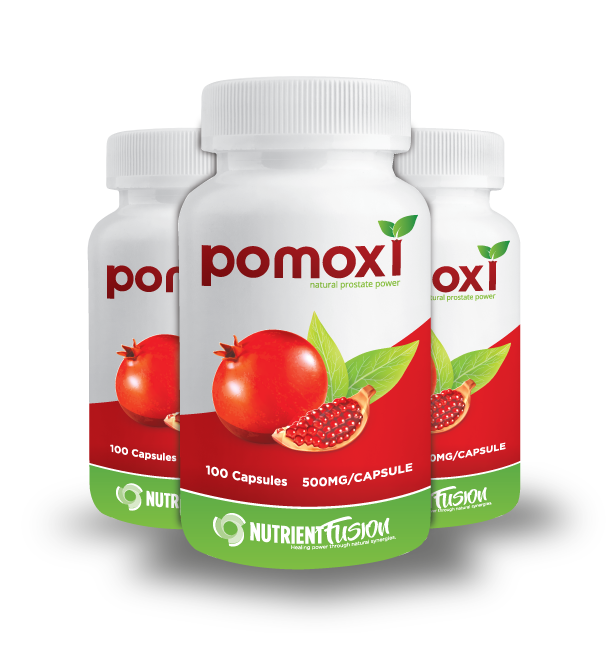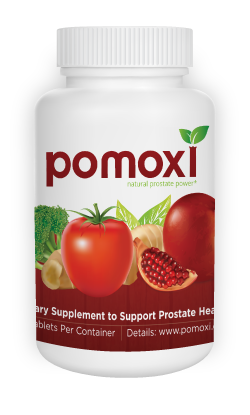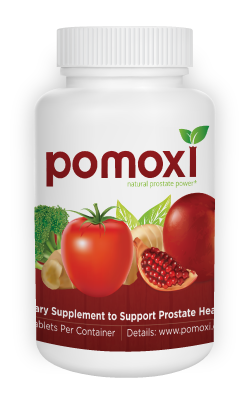Curcumin (Turmeric Root Extract 95% Curcuminoids)
A powerful, bright yellow polyphenol found in a variety of plants.

Subscribe and Save 15%
BUY NOW
The Science of Curcumin
Pomoxi’s Curcumin is a Turmeric extract containing 95% Curcuminoids, mostly Curcumin, along with the natural spectrum of the other active Curcuminoids in the same ratio found in the herb for full spectrum potency.
Curcumin, the main bioactive compound has newly discovered health-promoting properties beyond what was previously known. Curcumin now exhibits over 150 activities that have therapeutic potential. (1)
Curcumin by itself or combined with soy isoflavones lowers PSA (Prostate-Specific Antigen) in the prostate gland. PSA is believed to be an inflammatory marker in the prostate. (2)
Turmeric and its key component, Curcumin, inhibit the highly inflammatory Cox-2 and Lipoxygenase enzymes, driving forces in inflammation that trigger a cascade of other downstream inflammatory molecules. (3)
Many of these biological activities of Curcumin can be attributed to its potent antioxidant property at both ends of the molecule, its inhibition of cell signaling pathways at multiple levels, its diverse effects on cellular enzymes, and its effects on cell adhesion. (5)
The Curcumin in Pomoxi is an absolute must have ingredient for superior prostate health.
What is Curcumin?
Curcumin is a bright yellow-colored substance that can be extracted from a range of plants. A polyphenol, this chemical is most commonly known as the active ingredient in the rhizome and powder of the turmeric plant.
An ancient spice and Ayurvedic (Indian) medicine, curcumin is being celebrated as a potent superfood nutrient to this day. With properties that support your immune system, research has shown this phytonutrient’s great possibilities for prostate support.
Additionally, this polyphenol has a stimulating effect on the immune system by encouraging your body to create its own protective immunity.
What Foods Contain Curcumin?
Generally speaking, curcumin tends to be found in plants in the ginger family (Zingiberaceae), but particularly those belonging to the genus Curcuma, after which it is named.
Even the common ginger root (Zingiber officinale) may have small traces of curcumin, though not as much compared to turmeric (Curcuma larga). The highest amounts known can be found in turmeric and a close relative, mango ginger (Curcuma amada).
Turmeric, however, remains the principal source of curcumin’s use for food and supplement purposes.
Is Taking Curcumin the Same as Taking Turmeric?
The quick answer: No. Consuming a turmeric supplement is not the same as taking a supplement or extract of curcumin. In order to have equal benefits, you would have to consume a lot more turmeric supplements to equal the impacts of a supplement containing curcumin.
Most turmeric powders contain only 3% curcumin by weight. On the other hand, proper extractions of curcumin from the root and converted into powdered or supplement form have a better ratio by weight, of up to 95%.
For that reason, it is important for consumers to look into which curcumin supplements or turmeric supplements will have a greater effect on their prostate health.
Pomoxi's turmeric root extract is standardized to 95% curcuminoids, which is considered to be the most active compounds in turmeric.
What About a Turmeric-Rich Diet?
The same data above applies to sourcing curcumin from a turmeric-rich diet, along with turmeric supplements. Whether in food or supplement form, turmeric taken alone may not provide the substantial amounts of phytonutrients that benefit prostate health.
Further, incorporating turmeric into all of one’s meals could be a real challenge in the traditional Western diet, and it still wouldn't be enough to be adequately therapeutic. A lot of curry powders tend to include turmeric, such as in Indian or Thai cuisines of the Eastern diet – which has some benefit, but again, they may be difficult to include in every meal.
One argument for food-sourced curcumin, however, is that the body has an easier time using curcumin compounds extracted from the root when eaten with oils and fats, such as when they are consumed as a food spice. Studies have also shown that its beneficial effects spike when curcumin is taken with piperine – an active constituent in black pepper.
For this reason, taking a curcumin supplement with an oil- or fat-rich food or piperine supplement would still make it a better candidate for prostate support.
Curcumin’s Benefits to Prostate Health
Research shows that curcumin has amazing potential for prostate maintenance, as well as overall health in general.
The polyphenol has evidence of being:
- Antioxidant
- Immuno-stimulant
Trials show that 400 mg per day (with food) can have a supportive action, while 800 to 1200 mg (with food) can have even more effects.
Using Curcumin
Trials have shown that curcumin supplements are quite safe. Even at doses close to 12 grams per day (12,000 mg) in extended tests, no adverse effects were reported.
Talk to your doctor about taking Pomoxi, a versatile supplement filled with all-natural, botanical ingredients that include curcumin, one of the best-researched botanical hopefuls to provide a non-toxic, completely natural way to support your prostate health.
Not only does Pomoxi contain the research-supported curcumin, but many other avidly studied natural ingredients as well: including broccoli, reishi mushroom, and pomegranate.
References
1. Hewlings SJ, Kalman DS. Curcumin: A Review of its’ Effects on Human Health. Foods. 2017 Oct 22;6(10).
2. Ide H, Tokiwa S, Sakamaki K, Nishio K, Isotani S, Muto S, et al. Combined inhibitory effects of soy isoflavones and curcumin on the production of prostate-specific antigen. Prostate. 2010;70(10):1127–1133.
3. Shehzad A, Qureshi M, Anwar MN, Lee YS.Multifunctional Curcumin Mediate Multifunctional Effects. J Food Sci. 2017 Sep;82(9):2006-2015.
4. Sharma RA, Gescher AJ, Steward WP. Curcumin: the story so far. Eur J Cancer 2005; 41: 1955–68.
5.Sharma, RA, Steward, WP, Gescher, AJ. Pharmacokinetics and pharmacodynamics of curcumin. Adv Exp Med Biol. 2007; 595:453-70.


